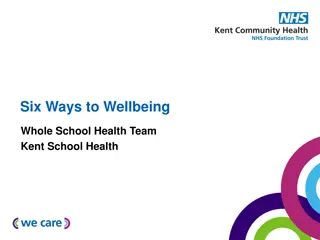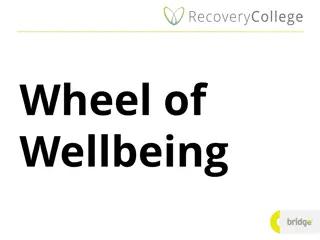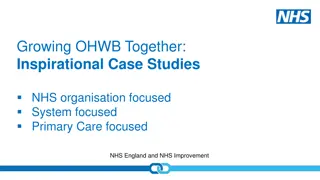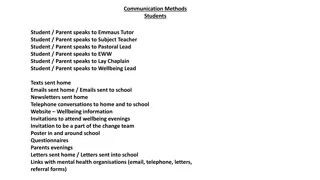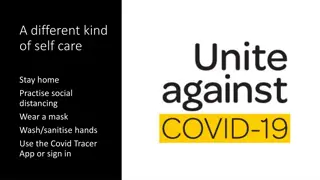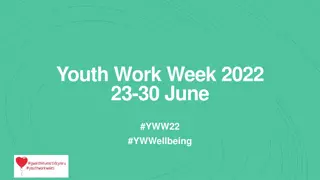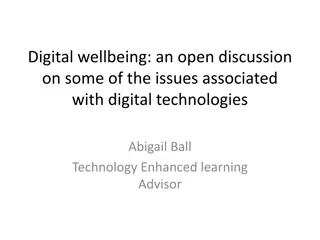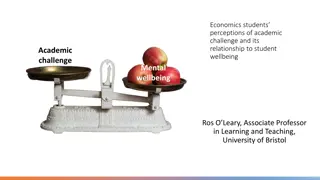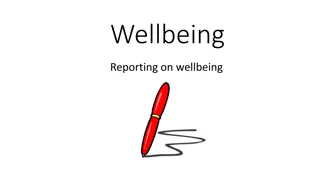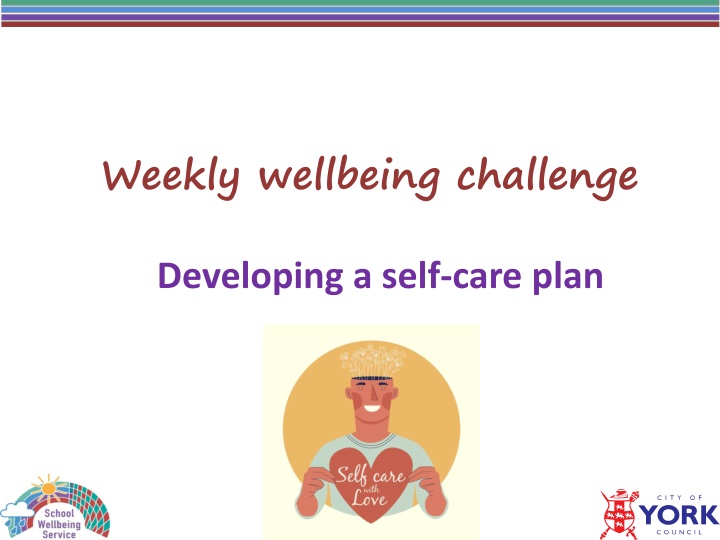
Developing a Self-Care Plan for Better Well-Being
Discover the importance of self-care and the benefits of having a self-care plan. Explore practical tips for workplace, personal life, and overall health to prioritize self-care. Learn how self-care contributes to resilience and coping with everyday stressors.
Download Presentation

Please find below an Image/Link to download the presentation.
The content on the website is provided AS IS for your information and personal use only. It may not be sold, licensed, or shared on other websites without obtaining consent from the author. If you encounter any issues during the download, it is possible that the publisher has removed the file from their server.
You are allowed to download the files provided on this website for personal or commercial use, subject to the condition that they are used lawfully. All files are the property of their respective owners.
The content on the website is provided AS IS for your information and personal use only. It may not be sold, licensed, or shared on other websites without obtaining consent from the author.
E N D
Presentation Transcript
Weekly wellbeing challenge Developing a self-care plan
For our weekly wellbeing challenge this week, we will look at developing a self-care plan. What does self care mean and what are the benefits in having a self-care plan? Self-care has been defined as providing adequate attention to one's own physical and psychological wellness (Beauchamp & Childress, 2001). Beyond being an aspirational goal, engaging in self-care has been described as an "ethical imperative" (Norcross & Barnett, 2008). Sometimes people attempt to meet the needs of family members, employers, children, friends, or society in general before meeting their own needs. Working to please and care for others often interferes with one's self-care routine and can take a toll on a person's well-being. However, self-care is often considered to be an important aspect of resiliency: those who are able to adequately meet their needs are often able to better cope with everyday stressors. (Cindy Ricardo, LMHC, CIRT, 2013)
Although Self-care means different things to different people, here are some things that you might start to implement for better well-being. Workplace or professional self-care This involves activities that help you to work consistently at the professional level expected of you. For example: Setting up peer based support/accessing this internally or externally through the school wellbeing service. Attending relevant training to enhance your knowledge. Engage in regular supervision or consulting with a more experienced colleagues. Turn off your email and work phone outside of work hours. Arrive at work on time and leave on time. Activities that help you to stay fit and healthy so that you can feel your best Prioritising sleep and making sure you have a good sleep-routine. Opt for healthier foods, packed with nutritional value. Go for a walk at lunchtime/ fresh air/taking time away from computer. Try and get some exercise before/after work for a boost of endorphins.
Self-care tips that help your personal life. Keep a reflective journal. Engage with a non-work hobby. Make time for relaxation, whether that is playing a board game, taking a long soak or watching your favourite TV show. Make time to video call loved ones and engage with positive friends and family. Practice mindfulness, yoga or meditation. Prioritise close relationships and set aside time for meaningful engagement with children, partner, parents, siblings etc. Baking competitions with your friends or family. Virtual dinner/gin nights or movie nights We hope you can start prioritising self-care and find some tips that work for you




